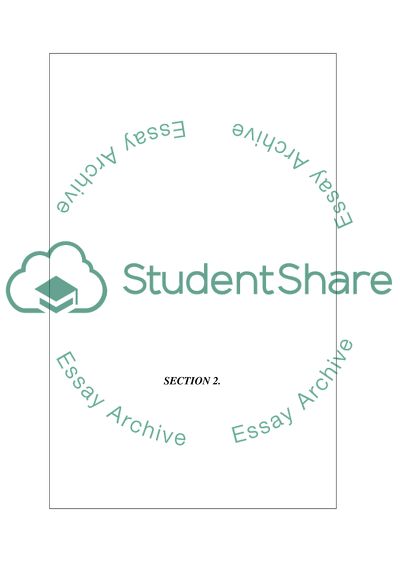Cite this document
(“Role of The Nurse Essay Example | Topics and Well Written Essays - 2000 words”, n.d.)
Role of The Nurse Essay Example | Topics and Well Written Essays - 2000 words. Retrieved from https://studentshare.org/nursing/1540846-role-of-the-nurse
Role of The Nurse Essay Example | Topics and Well Written Essays - 2000 words. Retrieved from https://studentshare.org/nursing/1540846-role-of-the-nurse
(Role of The Nurse Essay Example | Topics and Well Written Essays - 2000 Words)
Role of The Nurse Essay Example | Topics and Well Written Essays - 2000 Words. https://studentshare.org/nursing/1540846-role-of-the-nurse.
Role of The Nurse Essay Example | Topics and Well Written Essays - 2000 Words. https://studentshare.org/nursing/1540846-role-of-the-nurse.
“Role of The Nurse Essay Example | Topics and Well Written Essays - 2000 Words”, n.d. https://studentshare.org/nursing/1540846-role-of-the-nurse.


